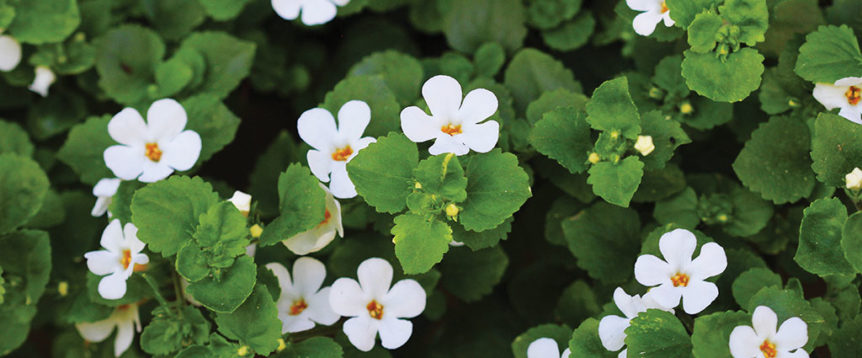What is it?
A creeping perennial with purple flowers found in warm wetlands, bacopa monnieri has long been used in Ayurvedic medicine to nourish the brain. Known to improve both learning and memory, it was reportedly taken by scholars as early as the 6th century AD to assist in the memorizing of long scriptures and hymns. Now well-understood as a nootropic, or “smart drug,” and working via a powerful antioxidant pathway, bacopa helps reduce oxidative stress (which is closely linked with neurodegeneration), repair damaged neurons, and improve blood flow in the brain, all of which lead to better brain function.
Use it for
Bacopa monnieri has anti-inflammatory, anti-depressant and anti-cancer properties, but it’s best known as a memory enhancer. It is of particular interest for patients with Alzheimer’s disease but, interestingly, can also help subjects with already-high cognitive abilities. Bacopa has a calming effect, making it supportive for anxiety, and it has been found to decrease symptoms in children who have ADHD.
The science
Bacopa monnieri’s effects cut across a wide population: A 2021 review paper in the journal Nature found that taking bacopa led to modest improvements in people with memory loss; statistically significant reductions in symptoms in Alzheimer’s patients (as well as reduced depression); and improved memory and task performance in healthy adults. A randomized double-blind placebo-controlled trial on medical students found that taking bacopa for 12 weeks improved their memory significantly; memory measures investigated included “efficiency of attention, freedom from distractibility and working memory.” Interestingly, bacopa also caused a drop in total cholesterol and an increase in HDL (good) cholesterol in the students.
How to take it
Bacopa is believed to work better the more you take it. Dosing recommendations can vary widely, but a good baseline dose is 300 to 500 mg twice daily. Increase this dose for more severe symptoms, and take less for mild symptoms or if for a child.


